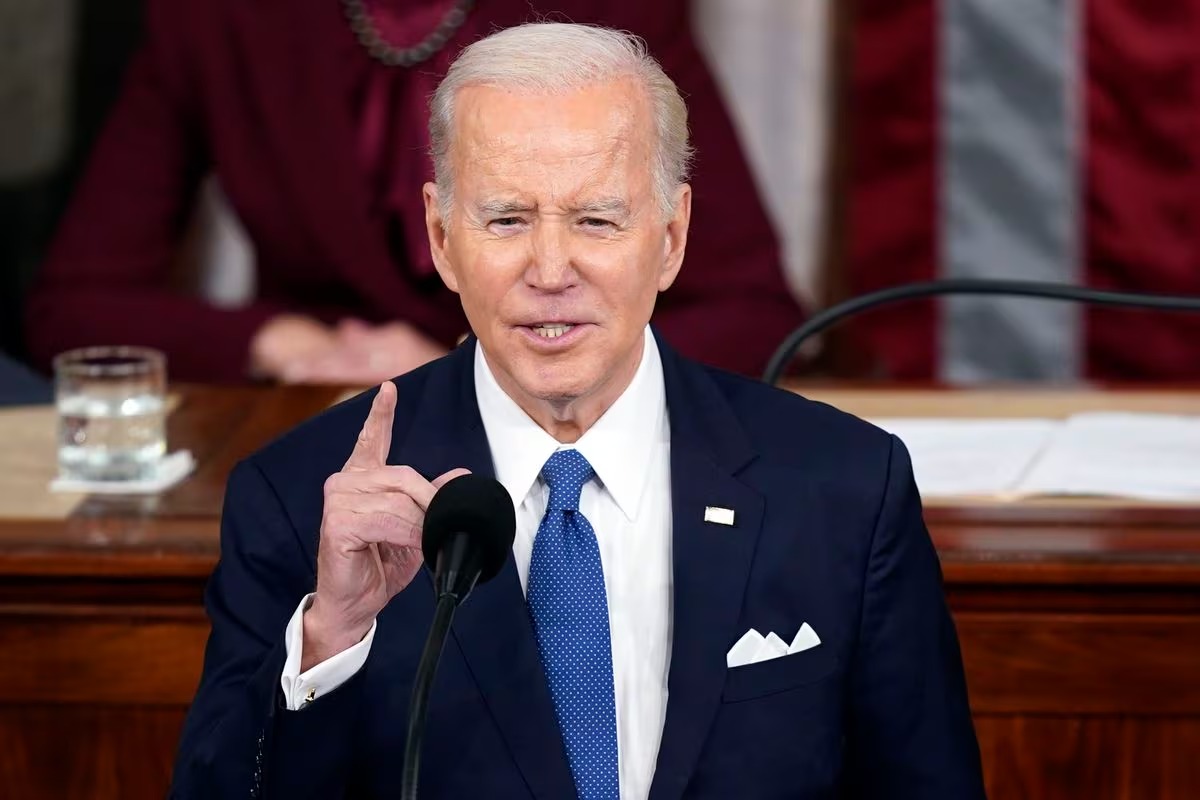In his State of the Union address, President Joe Biden focused on lowering consumer costs, particularly in areas such as housing and credit card fees, which continue to burden American families despite a moderation in inflation from its peak in 2022.
Housing affordability has become a major concern, especially for first-time homebuyers and millennials, with the average home price reaching $492,300 in 2023. To address this issue, Biden proposed a mortgage relief credit to give first-time homebuyers an annual tax credit of up to $5,000 for two years.

Biden (Credits: NBC News)
The housing market is also constrained by supply shortages, with many homeowners reluctant to sell their homes due to higher mortgage rates.
Biden urged Congress to pass legislation to build and renovate roughly 2 million homes to close the supply gap. He also promised to eliminate title insurance fees for federally backed mortgages on certain refinances, which could save homeowners up to $1500.
On the rental side, Biden announced efforts to crack down on landlords who break antitrust laws by price-fixing and driving up rents. Rent increases have outpaced incomes over the last two decades, according to the Joint Center for Housing Studies at Harvard.

Joe Biden (Credits: NBC News)
Biden also addressed credit card fees, calling them “hidden fees” and highlighting the Consumer Financial Protection Bureau’s decision to reduce credit card late fees from $32 to $8.
The move was criticized by the American Bankers Association, which argued it would increase costs and reduce credit access. Biden defended the decision, saying it would save American families $20 billion a year by eliminating junk fees.
Biden discussed proposed rules requiring cable, travel, utilities, and online ticket sellers to reveal total prices upfront, aiming to provide consumers with clearer information about the costs they will incur.























